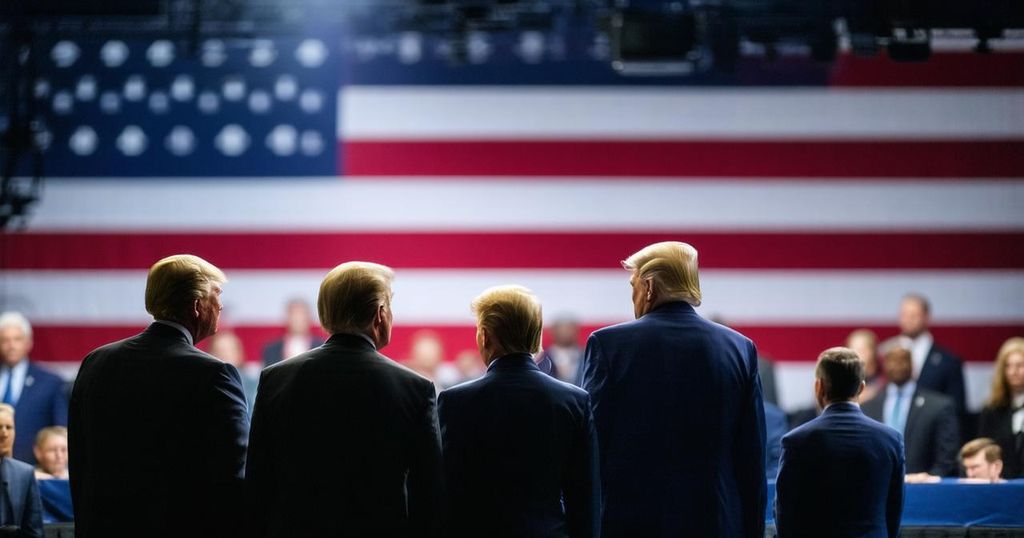Israel’s Strategic Considerations Amidst U.S. Electoral Dynamics
Israel is monitoring the U.S. elections closely, as outcomes will influence its strategies in ongoing conflicts. Recent events, including rocket fire from Hizbullah, highlight the urgency of U.S. diplomatic efforts that seem limited despite regular engagements. Future Israeli military decisions may be shaped by the new U.S. political landscape, particularly concerning confrontations with Iran and its proxies.
Israeli leaders are closely monitoring the outcome of the United States elections, understanding that the results will significantly influence Israel’s strategic considerations in its ongoing conflicts. During a recent visit to Israel, U.S. Secretary of State Antony Blinken faced a concerning moment when he and his companions were compelled to seek refuge in a bomb shelter due to rockets fired from Lebanon by the Iranian-supported militia, Hizbullah. Fortunately, these attacks did not result in casualties; nonetheless, they served as a stark reminder of the ongoing tensions in the region and the limited progress achieved by U.S. diplomatic efforts during Blinken’s frequent visits over the past year. In these tumultuous times, Israel grapples with uncertainties about its military options and foreign relations, particularly as key elections unfold in the United States. Analysis suggests that a change in U.S. leadership could either bolster or constrain Israel’s military strategies in the face of rising threats from groups such as Hamas and Hizbullah. There are also discussions regarding the potential for Israeli military action against Iranian targets, which remains a contentious aspect as related tensions escalate. Amidst these developments, the intertwining of American electoral politics and Israeli defense strategies becomes increasingly evident, shaping the future dynamics of both nations’ approaches to regional security and military engagement.
The article explores the interconnection between American political events, specifically its elections, and the ongoing geopolitical tensions faced by Israel in the Middle East. With Iran’s influence escalating through proxy groups such as Hizbullah, Israel’s reliance on U.S. support adds another layer to the complexity of its military and diplomatic strategies. The recent visit by U.S. Secretary of State Antony Blinken highlights the urgent nature of these matters, as his efforts to mediate peace in a volatile environment face strong challenges, underscored by the immediate threat posed by rocket fire into Israeli territory.
In conclusion, Israel’s leadership is acutely aware of the significant implications that the upcoming American elections will have on its military strategies and regional stability. As tensions continue to rise with groups like Hamas and Hizbullah, the decisions made in the United States will play a crucial role in shaping Israel’s policies and actions in the region. The intertwining of domestic U.S. politics with international security issues underscores the complexity and urgency of these matters.
Original Source: www.economist.com




Post Comment